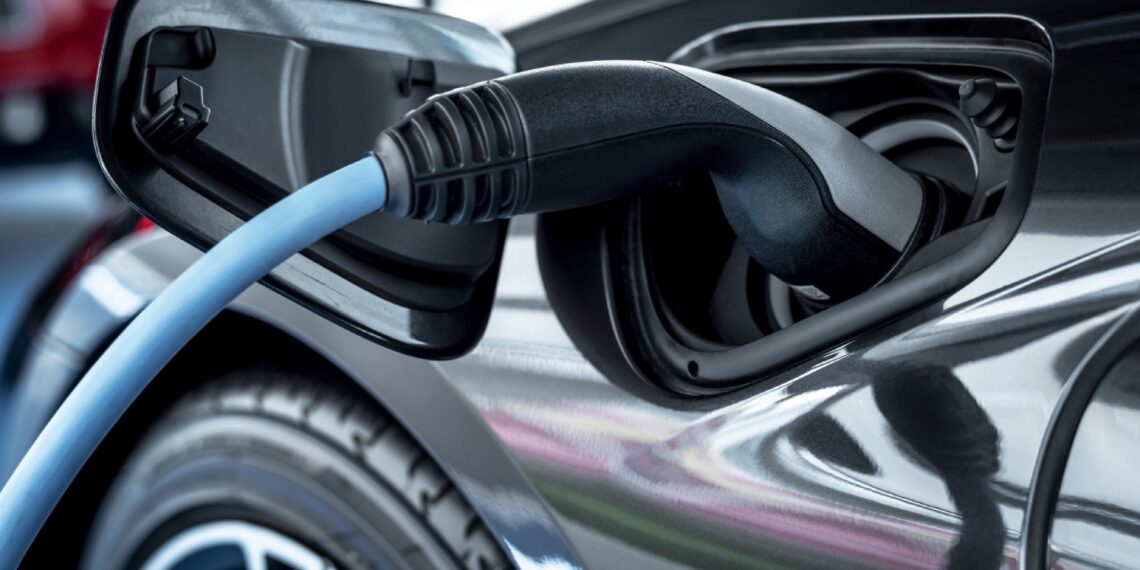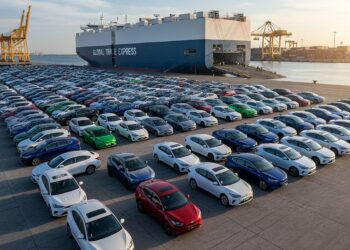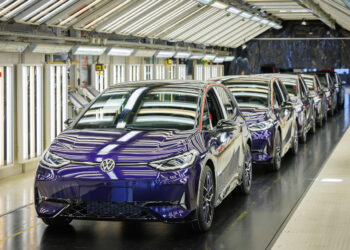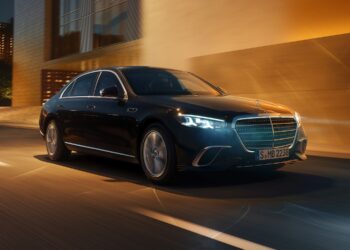The decline in electric vehicle sales is impacting the European market, and while in Portugal the sale of 100% electric light passenger models saw a reduction of 19% in August, in Germany, the largest market in Europe, they fell by 69%, after a drop of 37% in July and 16% in June, according to data from the country’s Federal Motor Transport Authority (Kraftfahrt-Bundesamt – KBA).
It is certain that the demand for 100% electric models in Germany is being affected by cuts in subsidies for the purchase of electric vehicles, a measure that the German government has already announced will be reviewed, and indications are that tax benefits will only be available to companies purchasing electric vehicles.
However, the market is also feeling the impact of the global decline in demand that has been intensifying in recent times.
According to KBA data, all German brands are being affected by these sharp declines, including Mini, which dropped by 45% in August, Audi, which experienced a decrease of 37%, BMW -23%, Mercedes -16%, and VW, which fell by 23%, although it still holds the largest share of the fully electric vehicle market with an 18% market share.
To highlight the challenges faced by brands in the transition to electric mobility, it is worth noting that in August, the German market sold a total of 27,024 units. While electric vehicle sales saw a significant decline, the same cannot be said for gasoline models, which only dropped by 7%, indicating that customers are increasingly opting for combustion engine models.
Meanwhile, sales of hybrid models also did not suffer the hardships of the fully electric vehicle market, registering a decline of 1.5%, although plug-in hybrid electric vehicles (PHEVs) experienced a 7% slowdown in sales.
It is also noteworthy that diesel engine models, following 100% electric vehicles, recorded the largest decline at 24% in August.










